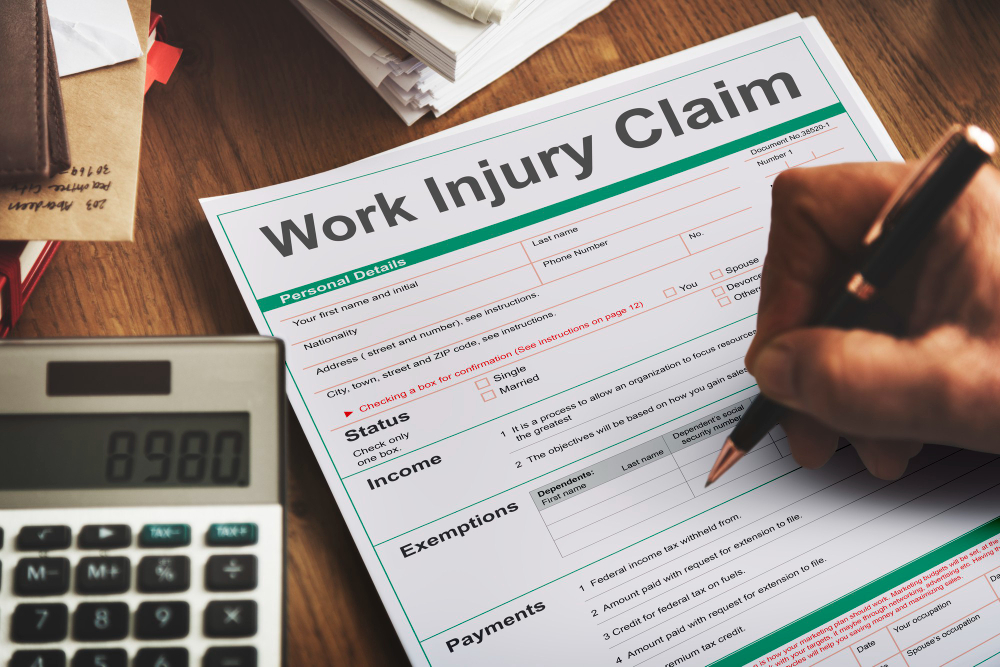

Normally, Galveston employers are obligated to provide workers’ compensation insurance for their employees, which serves as the main avenue for addressing workplace injuries. This coverage typically serves as the exclusive remedy for employees, except in cases of extreme gross negligence or intent.
However, some employers may opt out of participating in the workers’ compensation system, making them nonsubscribers. In such scenarios, an injured employee might seek legal recourse against their employer for damages resulting from negligence.

Numerous major employers in Texas are choosing not to maintain workers’ compensation coverage, classifying them as nonsubscribers. If a work-related injury occurs due to negligence, an employee has the option to sue the nonsubscribing employer for damages. The employer cannot invoke defenses such as contributory negligence by the employee, assumption of the risk of injury or death, or the negligence of a co-worker causing injury or death. Even if the employer bears partial responsibility for the incident and resulting injuries, the employee may potentially receive full damages from the employer.


To pursue a viable legal case against a nonsubscribing employer, the employee must establish negligence on the part of the employer and a failure to maintain a safe work environment. Indicators of an unsafe workplace may include insufficient provision of tools, training, and warnings, as well as the lack of established safety protocols, monitoring, supervision, and guidance for employees.
Even if an employer chooses not to participate in the workers’ compensation system, they may still offer an employee benefit plan covering work-related injuries and claims. However, this plan doesn’t alter the employer’s nonsubscriber status, nor does it hinder the employee from initiating a lawsuit. It’s crucial for the employee to grasp the specific deadlines and procedures following a work-related injury and keep a record of the benefit plan. This plan might shorten the statute of limitations and opt for arbitration instead of court for legal proceedings. Employees should refrain from signing a post-injury claim waiver unless they’re certain they don’t intend to pursue legal action.


Even if an employer opts out of the workers’ compensation system, they might still provide an employee benefit plan covering work-related injuries and claims. However, this benefit plan does not change the employer’s nonsubscriber status, nor does it prevent the employee from filing a lawsuit. It’s essential for the employee to be aware of the specific deadlines and procedures in the event of a work-related injury and to retain a copy of the benefit plan. The benefits plan may shorten the statute of limitations and opt for arbitration instead of court proceedings. Employees should avoid signing a post-injury claim waiver unless they are certain they do not intend to pursue legal action.
If your work-related injury was caused by another company or one of its employees, you may have a distinct claim against the third party alongside your Texas workers’ compensation claim. In such instances, different deadlines will apply to each individual claim.
If you’ve suffered a workplace injury and your employer does not have workers’ compensation insurance, or if a third party is responsible for your work-related injury, don’t hesitate to contact Burwell Nebout Trial Lawyers. Our Galveston workplace injury lawyers specializing in nonsubscriber cases and third-party claims can help you understand your legal options. Furthermore, pursue the compensation you rightfully deserve.




